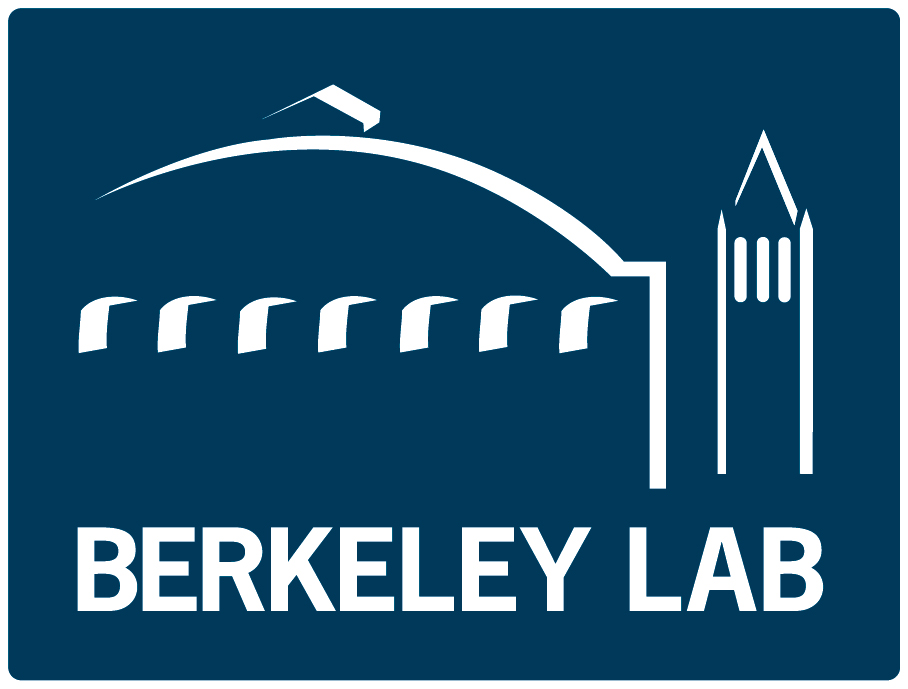APPLICATIONS OF TECHNOLOGY:
- Production of various nylons, plasticizers, and other polymer material
- Precursors for antibiotics, pesticides, and other pharmaceutically relevant compounds
ADVANTAGES:
- Renewable biosynthetic alternative to produce lactams without the use of petroleum
- Enables biosynthesis of lactams at ambient conditions and with less energy
ABSTRACT:
Researchers at Berkeley Lab’s Joint BioEnergy Institute (JBEI) have developed a complete biosynthetic pathway of the β-amino acid loading pathway in fluvirucin B2 biosynthesis. JBEI researchers demonstrated the promiscuity of the loading pathway to utilize a range of amino acids and further illustrate the ability to introduce non-native acyl transferases to selectively transfer β-amino acids onto a polyketide synthase (PKS) loading platform. The researchers’ Chembiochem publication, linked below, provides a detailed biochemical description of β-amino acid selection and will further aid in future efforts to develop engineered lactam-producing PKS platforms.
Lactams are important polymer precursors used in the production of fabrics, coatings and various polyamides. However, concerns about environmental and financial costs of these petroleum-derived commodity chemicals have established the need for a sustainable biological route to lactams. The JBEI technology represents an improvement over other lactam production approaches that involve energy intensive processes, harsh acidic reaction conditions, and byproducts in the form of waste salts. It also overcomes various previous bottlenecks in caprolactam biosynthesis. Additionally, the JBEI technology enables the production of a wide range of lactam analogs.
DEVELOPMENT STAGE: Proven principle
STATUS: Patent pending. Available for licensing or collaborative research.
SEE THESE OTHER BERKELEY LAB TECHNOLOGIES IN THIS FIELD:
Using Polyketide Synthases to Produce Advanced Biofuels EJIB-2540
